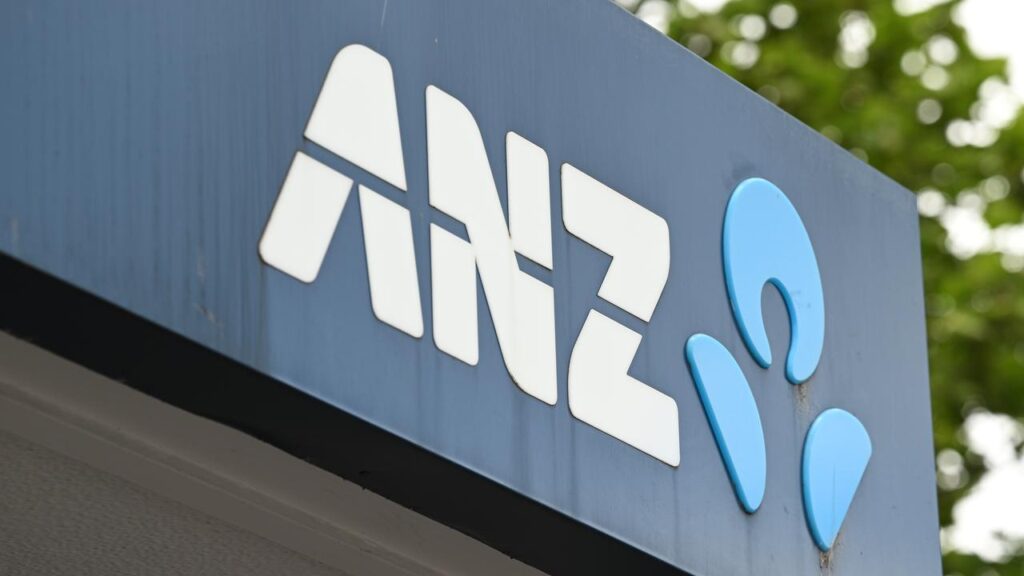ANZ cops billion-dollar profit hit amid job cut plans
Derek Rose |

ANZ has flagged a $1.1 billion hit to its bottom line, tied to its recently announced mass job cuts and the biggest settlement ever with the securities regulator.
The big-four bank will take an after-tax charge of $414 million for the 3,500 staff redundancies announced in September, it said on Friday.
The pre-tax charge was $585 million, up from the $560 million originally estimated.
The job losses, which also include the elimination of 1,000 contractor roles, are part of a push to simplify operations and focus on the “priorities of customers” alongside a sweeping move to cut consultant spending.
The bank will also take a charge related to a $240 million fine from the Australian Securities and Investments Commission, the largest punishment the regulator has handed to a single entity.
As part of that settlement, ANZ admitted mishandling a $14 billion bond deal for the federal government and failing to respond to hundreds of notices about customer hardship, making false and misleading statements about its savings interest rates and failing to pay those amounts to customers.
ASIC chairman Joseph Longo memorably called the bank’s conduct “clearly grubby” in a September 15 press conference about the settlement.
ANZ said on Friday it would recognise a pre-tax charge of $271 million related to the matter – $240 million for the ASIC penalties and $31 million in associated costs – for an after-tax hit of $264 million.

It’s also recognising a $68 million charge related to costs associated with accelerating its integration of Suncorp Bank, a $281 million writeoff of its investment in an Indonesian bank and a $78 million writeoff of Cashrewards, a digital coupon business that ANZ is shutting down.
The impairments will impact ANZ’s statutory and cash profit, which the bank will announce on November 10.
Since May, ANZ has been led by Nuno Matos, a former HSBC executive who seems determined to turn the bank around.
Mr Matos said in mid-October that ANZ was performing well in New Zealand and for its institutional customers, but had “a lot to do” for its retail and commercial customers in Australia.
“There are a lot of good elements of culture we have in our company, but certainly we have to recognise today that we have to be much more clear about what we do and what we don’t do,” Mr Matos said.
“We have to be more decisive. We have to take decisions and execute, on time. And very importantly, be accountable to the things we decide to do.”
AAP